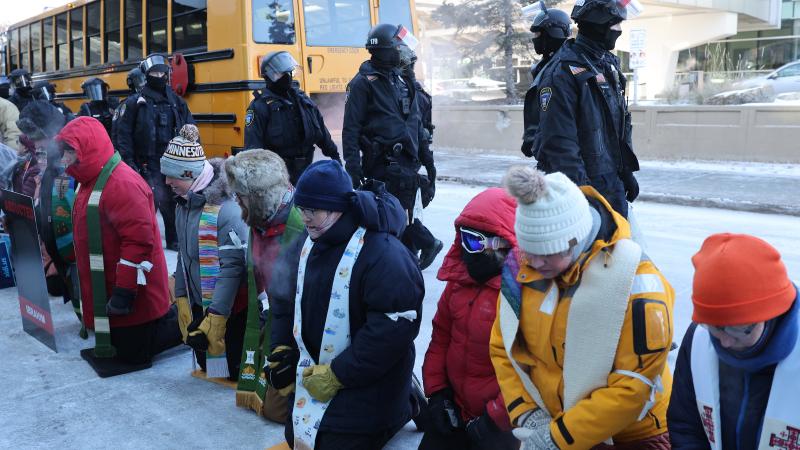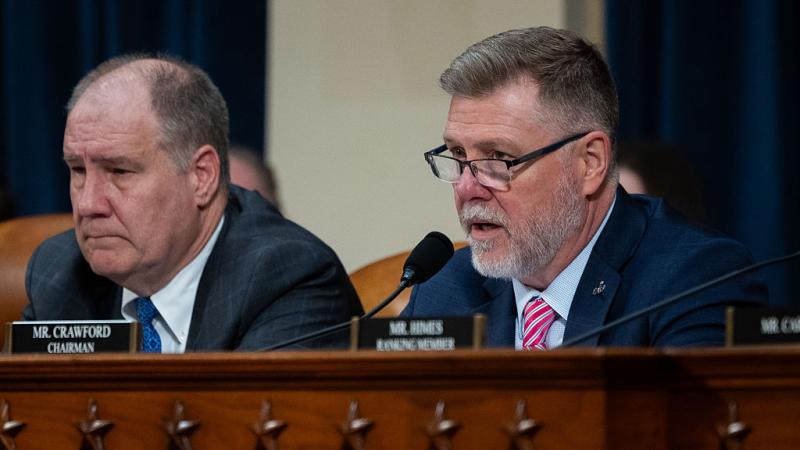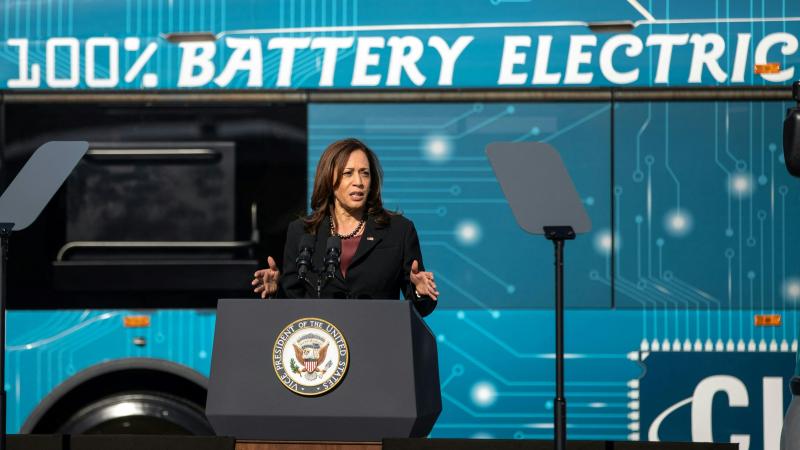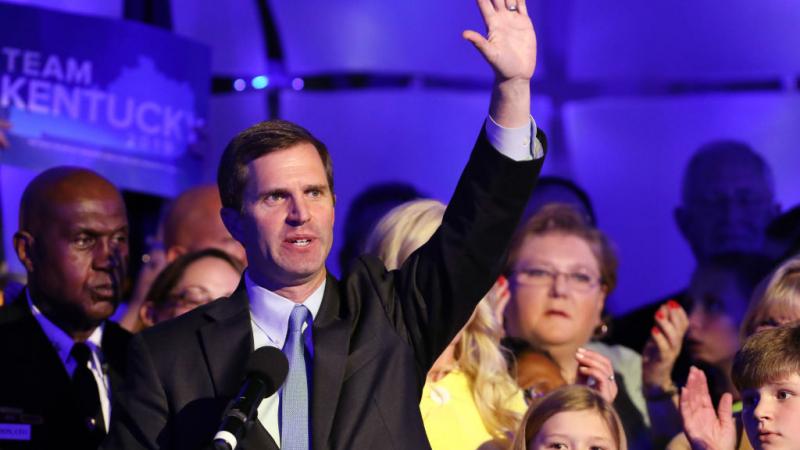Pennsylvania senators propose new non-prosecution rules after Cosby conviction overturned
Proposal comes after the Pennsylvania Supreme Court vacated Bill Cosby’s conviction. Yes
The chairs of the Pennsylvania Senate Judiciary Committee will introduce a bill that requires the state to write down and enforce non-prosecution agreements reached during criminal investigations.
The proposal comes after the Pennsylvania Supreme Court vacated Bill Cosby’s 2018 convictions for aggravated indecent assault that were achieved, in part, using the comic’s testimony from a 2006 civil suit in which he believed himself immune from further criminal charges.
“Requiring that non-prosecution agreements must be in writing will protect the due process rights of the accused, while helping to ensure that victims have access to justice,” said Minority Chairman Sen. Steve Santarsiero, D-Lower Makefield.
In a June 30 opinion, Justice David Wecht agreed with the lower courts that former Montgomery County District Attorney Bruce Castor never initiated a formal, written non-prosecution agreement with Cosby’s legal team when he declined to press charges against the comic for allegedly drugging and assaulting Andrea Constand during a visit to the comic’s Cheltenham home in January 2004.
Castor, instead, issued a news release stating his intentions to never charge Cosby. In court documents, Castor said the state lacked sufficient evidence to secure a criminal conviction and he issued the statement as proof, to be used in a forthcoming civil suit, that Cosby couldn’t invoke the Fifth Amendment because he’d never face prosecution for the incident.
Castor testified that this strategy would provide Constand “some measure of justice.” Cosby sat for four depositions as part of the civil lawsuit during which he made “several incriminating statements” that resulted in a $3.38 million settlement paid to Constand in 2006 to resolve the matter.
A decade later, Castor’s successor Kevin Steele pursued criminal charges against Cosby anyway. In court documents, prosecutors argued that Castor never formalized the agreement and that Cosby simply waived his Fifth Amendment rights during the depositions.
Supreme Court Justice David Wecht said this assumption and the resulting criminal charges amounted to an “unconstitutional coercive bait-and-switch.”
"The impact of the due process violation here is vast,” he said. “The remedy must match that impact.”
Santarsiero and Senate Judiciary Chairwoman Lisa Baker, R-Dallas, said the General Assembly must clear up the law’s ambiguity to prevent further “horrible miscarriages of justice.”
“The oral agreement may be legal for the moment, but it is indefensible given what we have learned about the prevalence of sexual abuse and harassment throughout our society,” Baker said. “The system is slanted too heavily toward perpetrators, discouraging reporting and denying a true chance of justice for those with the fortitude to bring charges.”
Cosby was released from prison Wednesday after serving three years for Constand’s assault. Steele said in a news release he hopes the “procedural issue” doesn’t discourage other victims from coming forward.
“Prosecutors in my office will continue to follow the evidence wherever and to whomever it leads. We still believe that no one is above the law – including those who are rich, famous and powerful,” he said.
Wecht, in his written opion, said that while the decision to overturn is “both severe and rare … it is warranted here, indeed compelled.”
“It cannot be gainsaid that society holds a strong interest in the prosecution of crimes,” he said. "It is also true that no such interest, however important, ever can eclipse society’s interest in ensuring that the constitutional rights of the people are vindicated. Society’s interest in prosecution does not displace the remedy due to constitutionally aggrieved persons.”














